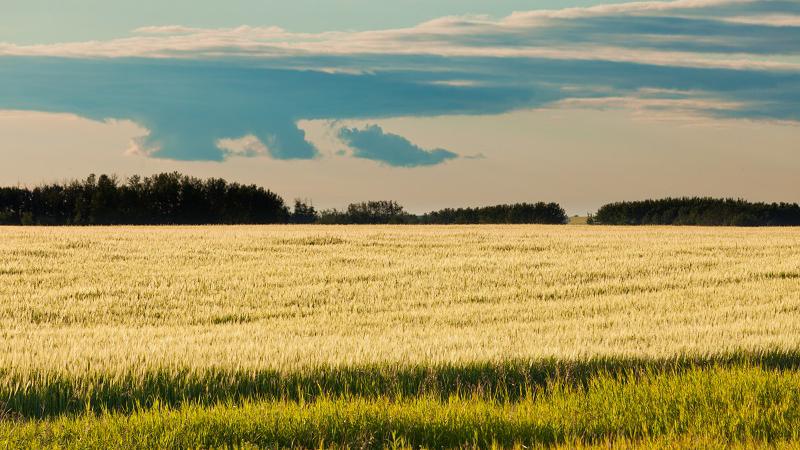
NDP announces agri-food incentives and strategy
Alberta’s official Opposition party says an NDP government will bring billions of dollars in new investment and job creation in agriculture and agri-food to rural Alberta with a new strategy released on July 12.
The strategy is called: Championing Alberta Agriculture and Agri-Food: Increasing Value-Added Processing and Production.
“Raising crops and livestock is foundational to our economy and the food we grow here is exported all over the world,” said NDP Leader Rachel Notley. “In fact, the demand for that food is going to increase by as much as 50 per cent in the next 25 years.
“So if we are prepared, the growth in global food demand represents billions of dollars’ worth of new jobs and new investment landing largely in rural Alberta. That is the opportunity we must seize — thousands of new jobs, billions in new investment in rural Alberta.


